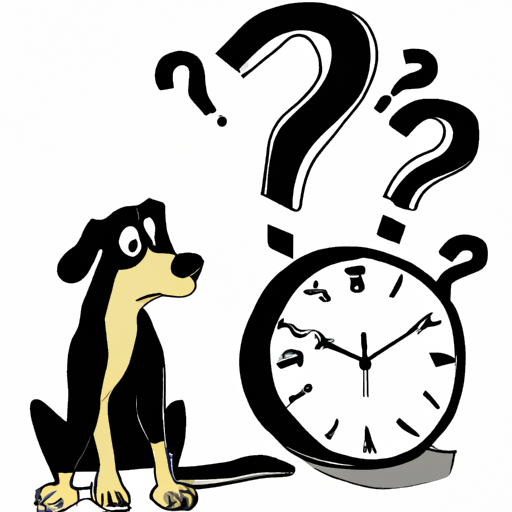“`markdown
Do Dogs Know How Long You Are Away?
Understanding Your Dog’s Perception of Time
Your furry friend might not have a wristwatch or a wall clock, but they do have a unique sense of time. Dogs perceive time differently than humans. While they can’t precisely tell the minutes or hours you’re away, they can sense the difference between shorter and longer periods. They use their internal biological rhythms and routines to gauge time. So, when you’re away for longer than usual, they notice.
How Dogs React to Their Owners’ Absence
Your dog’s reaction to your absence can vary greatly and often depends on their personality, breed, and upbringing. Some dogs may become anxious, while others might just sleep until you come back. Here’s what they typically do:
- Sleeping: Most dogs spend their alone time sleeping.
- Playing: If you’ve left toys around, they might play for a while.
-
Waiting: Some dogs might just wait by the door for you to return.
-
Anxiety: However, extended periods of absence can lead to separation anxiety in dogs.
The Science Behind Dogs’ Time Perception
Studies have shown that dogs have an ‘episodic-like memory’, which means they remember specific events and experiences. So, when you leave, they remember you leaving. And when you come back, they remember you coming back. This helps them to understand the concept of elapsed time, though not in the same way humans do.
| Dogs’ Perception | Humans’ Perception |
|---|---|
| Episodic-like memory | Accurate sense of time |
| Rely on routines and biological rhythms | Use clocks and calendars |
How to Help Your Dog Cope with Your Absence
You don’t want your beloved pet to feel stressed or anxious when you’re not home. Here are a few strategies you can use to help reduce their anxiety:
- Keep a Regular Schedule: Dogs thrive on routines. Try to leave and return home at the same times every day.
- Leave Distractions: Toys, treats, and puzzle games can keep them occupied while you’re away.
- Consider a Dog Walker or Sitter: If you’re away for long periods, a dog walker or sitter can provide companionship and exercise.
FAQs
Q: Do dogs understand the concept of time?
A: While they can’t tell time like humans, they do understand routines and can remember specific events, which gives them a sense of elapsed time.
Q: How long can a dog be left alone?
A: It depends on the dog’s age, breed, and health. Generally, adult dogs shouldn’t be left alone for more than 4-6 hours.
Q: Can dogs suffer from separation anxiety?
A: Yes, dogs can suffer from separation anxiety, especially if left alone for extended periods.
“`



